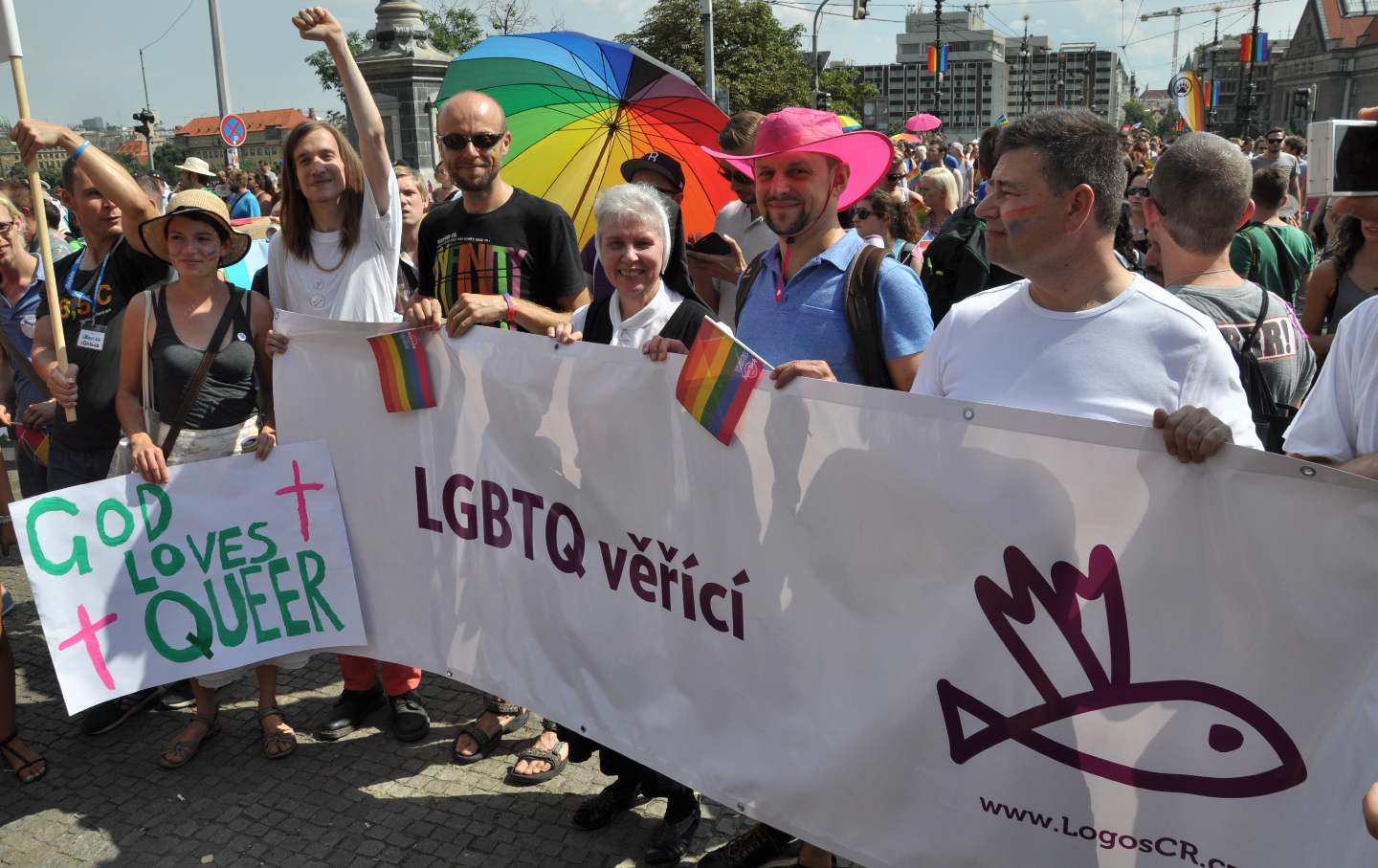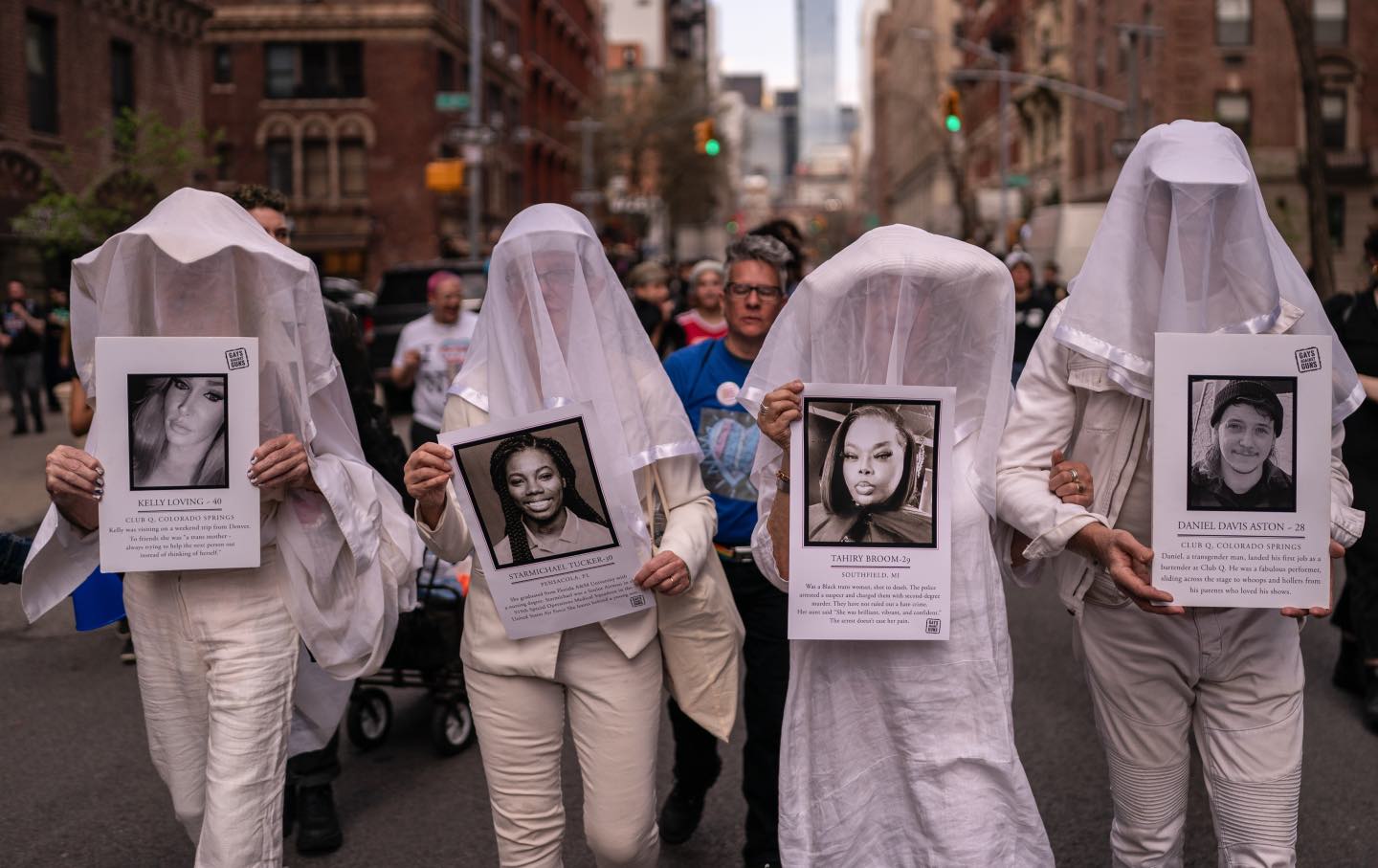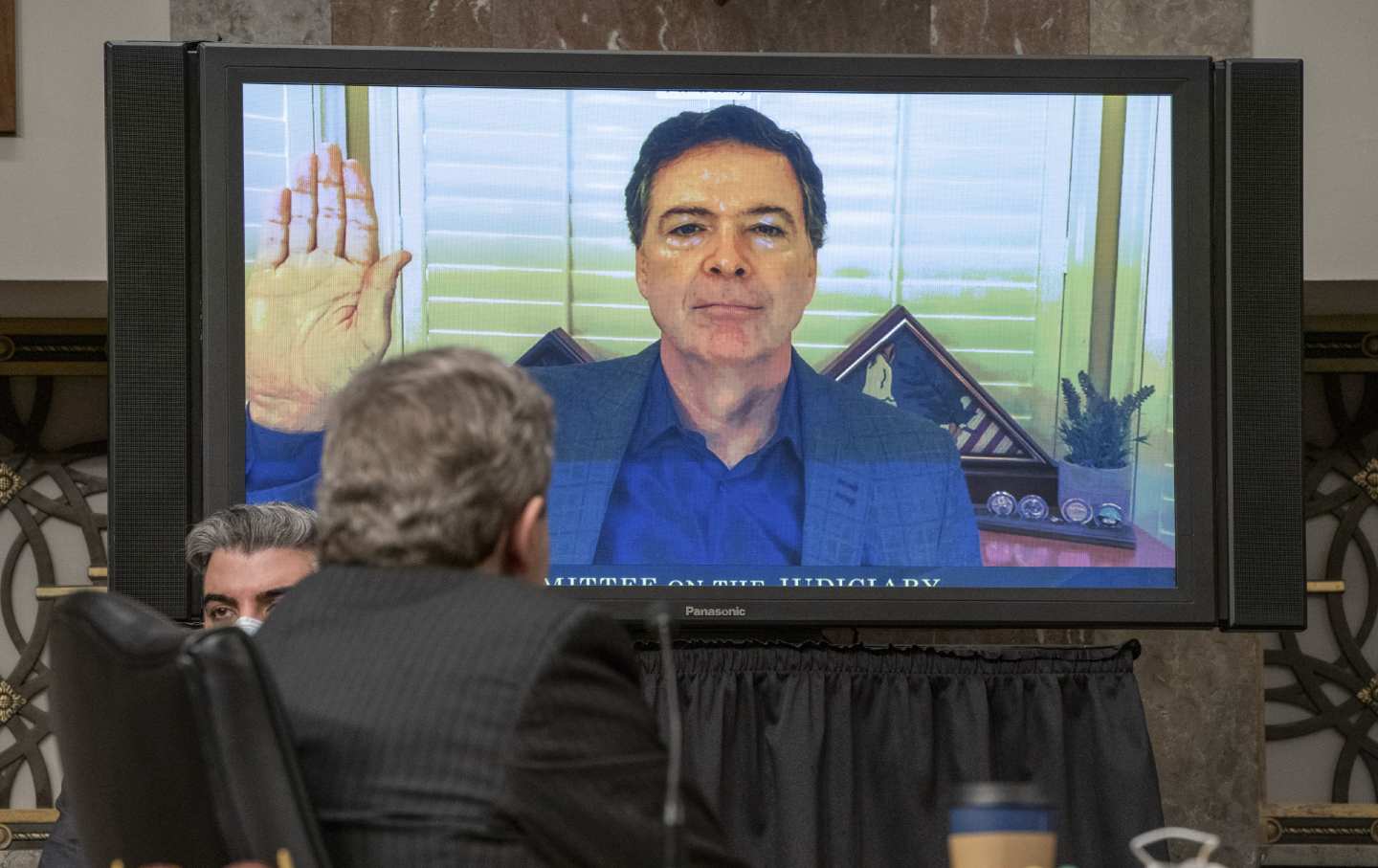
Nestled along a tree-lined street bordering Maryland and Washington, D.C., New Ways Ministry serves as both a physical and digital sanctuary for LGBTQ+ Catholics and their allies. Founded in 1977 by Sister Jeannine Gramick and Father Robert Nugent, this ministry has become a beacon of hope, education, and advocacy for those seeking to navigate their faith within the context of their identities. In a time when LGBTQ+ rights are under assault, organizations like New Ways Ministry are not merely exceptions but essential players in redefining the church’s relationship with its queer members.
For decades, religion has often been weaponized against LGBTQ+ individuals. Political figures like JD Vance have twisted theological concepts to support exclusionary policies, proclaiming a misguided notion of “rightly ordered love” that prioritizes narrow interpretations of familial duty over universal compassion. This rhetoric has drawn criticism from religious leaders, including Pope Francis, who emphasizes that Christian love must extend to all, particularly those marginalized by society.
Amidst this backdrop of hostility, New Ways Ministry advocates for a transformative approach to faith—one that prioritizes sanctuary over judgment. By reclaiming core gospel values of love and inclusion, queer Catholics are reshaping the church from within, fostering dialogues that challenge the status quo and promote acceptance.
New Ways Ministry’s work is not limited to Maryland, which has one of the highest concentrations of Catholics in the U.S. The organization actively engages with clergy and lay leaders across various states, including Massachusetts, Illinois, Tennessee, and Florida. Through educational programming, retreats, and bonding sessions, the ministry aims to cultivate understanding and acceptance within Catholic parishes, schools, and communities, facilitating a gradual yet impactful shift towards LGBTQ+ inclusivity.
A pivotal moment occurred in January 2024 when New Ways Ministry hosted a significant meeting with more than a dozen U.S. bishops at St. Louis University. This gathering brought together trans individuals, their families, and various professionals to share their lived experiences and struggles. Bishop John Stowe of Lexington, Kentucky, acknowledged the inadequacy of the church’s preparation to support transgender individuals, underscoring the need for a compassionate understanding of their realities.
Francis DeBernardo, the executive director of New Ways Ministry, has been a driving force in this mission for over three decades. Having started as a volunteer in 1992, he emphasizes the importance of education in bridging the gap between Catholic teachings and LGBTQ+ rights. DeBernardo reflects on his upbringing in a progressive Catholic environment and notes how the church’s stance on LGBTQ+ issues has shifted toward conservatism since the 1990s, creating a divide between the institutional hierarchy and the lived experiences of many Catholics.
The ministry’s commitment to advocacy has played a crucial role in challenging harmful stereotypes and promoting acceptance. During the AIDS crisis of the 1980s and ’90s, the ministry responded to negative media portrayals of gay men by fostering personal relationships and grassroots efforts aimed at changing hearts and minds. Their early involvement in the marriage equality movement, including the publication of a booklet titled “Marriage Equality: A Positive Catholic Approach,” successfully argued for same-sex marriage as a reflection of Catholic values, garnering support even among laypeople who had previously been influenced by the hierarchy’s conservative stance.
In 2021, New Ways Ministry released “A Home for All: A Catholic Call for LGBTQ Non-Discrimination,” a statement endorsed by over 250 prominent figures within the Catholic community. This declaration framed civil nondiscrimination laws as a moral imperative rooted in Catholic social teaching, urging Catholics to embrace equality as a reflection of their faith.
As anti-LGBTQ+ sentiments resurface in political rhetoric and religious discourse, New Ways Ministry and similar organizations, such as DignityUSA and Outreach, continue to advocate for inclusion. These groups foster dialogue, build community, and promote a vision of the church as a welcoming environment for LGBTQ+ individuals, challenging the prevailing narratives that seek to exclude them.
DeBernardo describes New Ways Ministry as a “bridge-building ministry” that seeks justice, reconciliation, and education. The goal is to equip Catholics—whether they are in leadership or simply in the pews—with the knowledge and understanding necessary to support LGBTQ+ rights and navigate the complexities of faith in a diverse world. In these efforts, religion emerges not as a tool of exclusion but as a force for protection and sanctuary.
The voices of LGBTQ+ individuals within the church are not merely echoes in the void; they are powerful narratives that demand to be heard. DeBernardo emphasizes the importance of recognizing these experiences, stating, “We have been hearing from LGBTQ+ individuals who are angry, frightened, and frustrated.” Despite the adversities faced, the work of New Ways Ministry remains steadfast. Faith can serve as a powerful ally in the fight for queer liberation—not in spite of Catholicism but because of it.
In a world where the church’s doctrines often clash with the realities of LGBTQ+ lives, the mission of New Ways Ministry stands as a testament to the possibility of change. By fostering a culture of compassion and understanding, they are not only advocating for the rights of queer individuals but also working to transform the church into a space where love and acceptance reign supreme.


